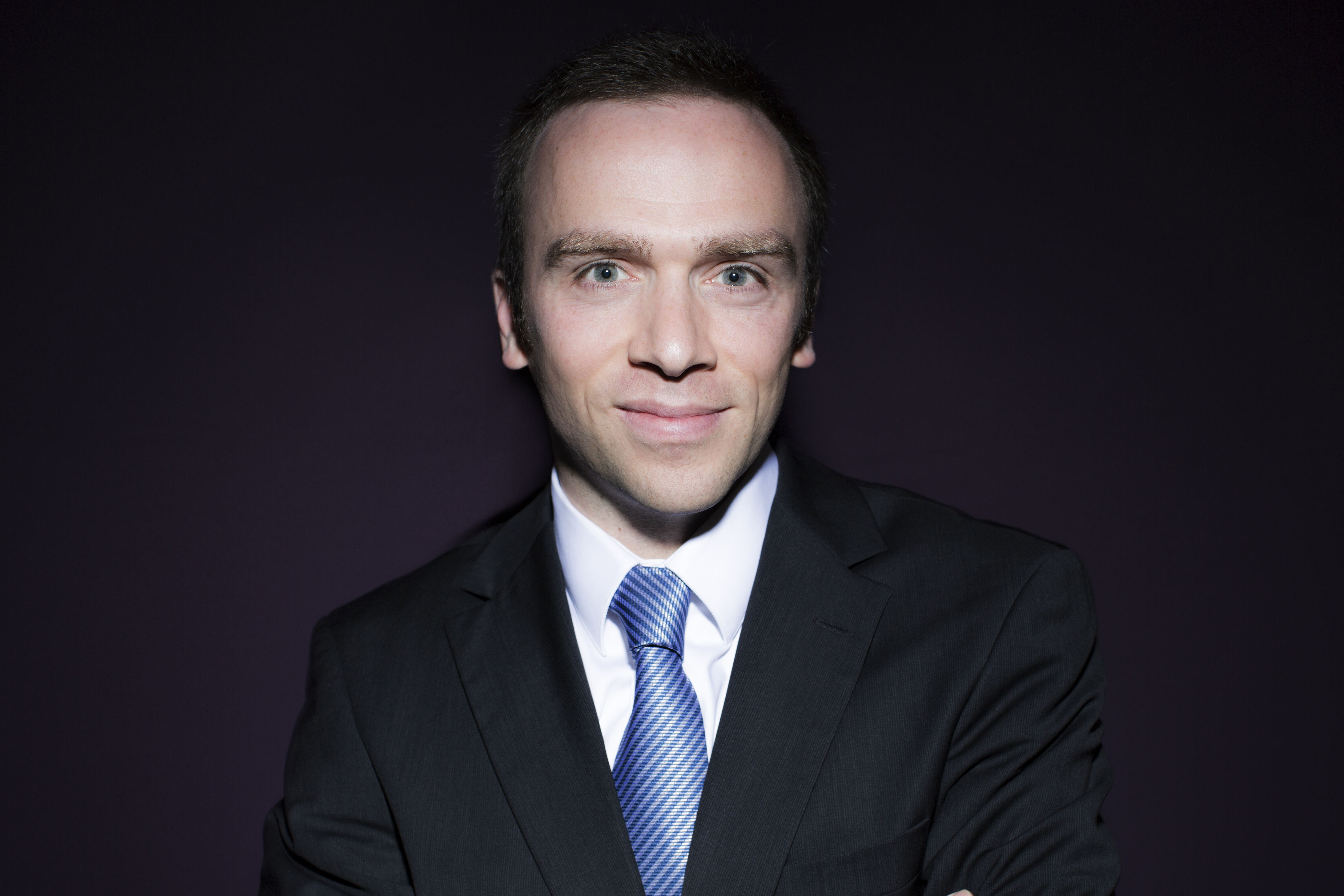Israel-Hamas War Exposes Divisions in France
In a polarized France, President Emmanuel Macron must navigate the conflict in a way that doesn’t further inflame the public or advantage his political rivals.
PARIS – Hoisting an oversized French flag above her head, Sandrine, a 53-year-old Parisian business owner, shuffled along amid the 105,000 participants in Paris in a Nov. 12 march against antisemitism. It had been three weeks after the apartment door of a friend’s parents was burned down in the 19th arrondissement, or district, of Paris, in what officials suspect was a brutal act of antisemitism. Sandrine’s mother, brother and cousins all live in Israel.
Flanked by her two adult children, who each had taped postcard-sized red posters to their backs with a name and photo of one of the roughly 240 people taken hostage by Hamas in the terror group’s Oct. 7 attacks on Israel, she expressed concern that French society has become more polarized since those attacks touched off an ongoing war.
"Many people have taken sides,” says Sandrine, who didn't feel comfortable providing her last name given the sensitivity of the topic. “You have to choose your side. Either you choose the side of the terrorists, or you choose the side of democracy.”
[...]
During an Oct. 24 visit to Israel, Macron called for an international coalition to fight Hamas while pushing the Israeli government to respect humanitarian law. "A Palestinian life is worth a French life, which is worth an Israeli life," said Macron, who also met with Palestinian leader Mahmoud Abbas in the West Bank.
Most of France strongly supported Israel until the 1967 Arab-Israeli War, when Israel soundly defeated Egypt, Jordan and Syria in six days and began occupying the Palestinian territories, according to Marc Hecker, a researcher at the Center for Security Studies at the French Institute of International Relations who specializes in radical Islamism and the repercussions of the Israeli-Palestinian conflict in France.
“That's when French policy really starts to evolve [and] public opinion shifts … and becomes more favorable to the Palestinians” than in the past, says Hecker. "Whereas Israel had been David against Goliath, there was a reversal, with Israel being perceived as a stronger actor than the allied Arab countries."
[...]
In 2011, Jean-Marie Le Pen’s daughter, Marine Le Pen, took over as president of the FN with a goal of “de-demonizing” the party. Marine ousted her father from the FN in 2015 and changed the party’s name to “Rassemblement National,” or National Rally, in 2018. Le Pen’s popularity has grown, with recent polling suggesting she leads the 2027 presidential race.
RN leaders including Le Pen have consistently supported Israel throughout the current conflict and attended the Nov. 12 march against antisemitism, a controversial move which some considered a political play to gain supporters."They are showing that they are becoming mainstream," says Hecker.

Media:
Share







